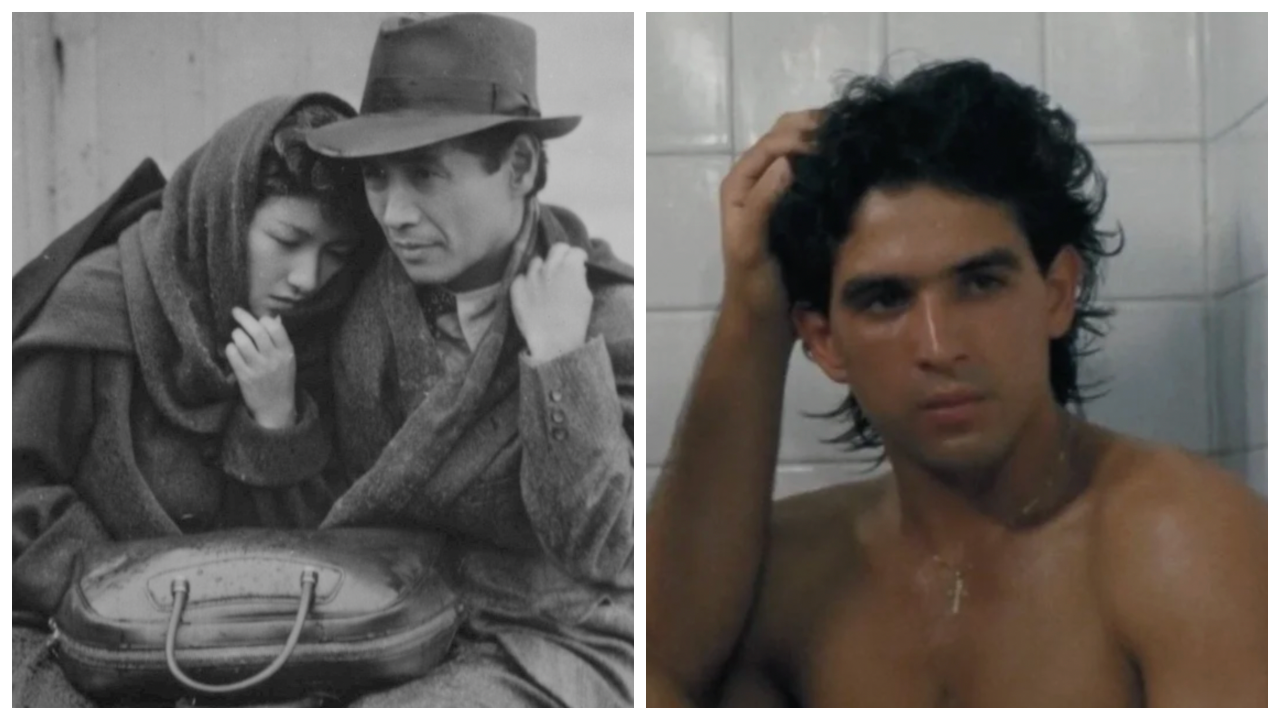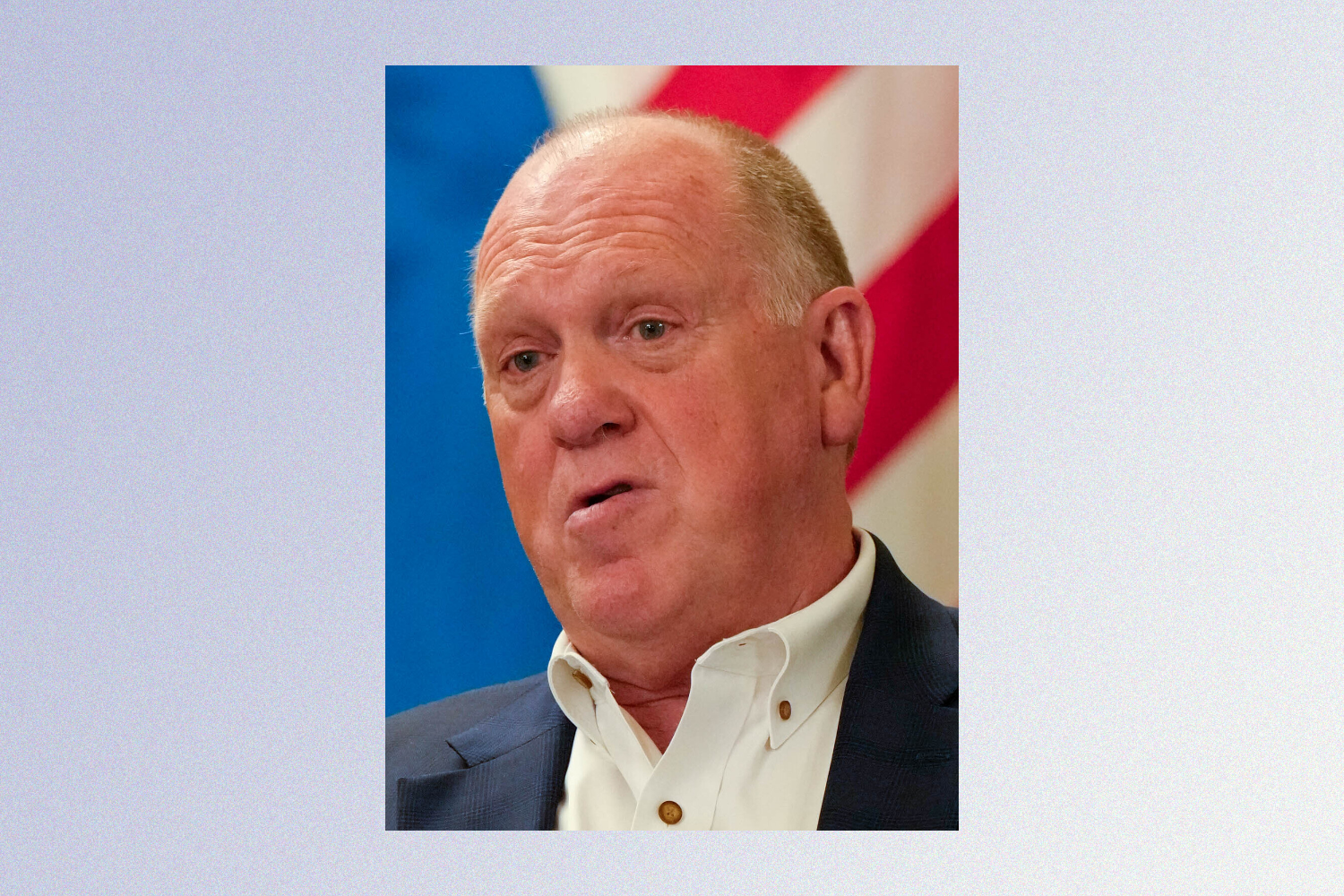For Nadi McGill and the rest of Gully Boys, TikTok was fun for a while. And then it wasn’t.
“I was making TikToks all day long,” McGill recalls. These were the early days of the pandemic, and the Minneapolis band, wanting to stay connected to its fans, dove headlong into creating snackable videos for the much-publicized app. “I would spend four to five hours a day making them, and we would dedicate one whole practice a week to TikTok.”
Gully Boys certainly benefited from all that work: 480 TikTokers have used their song “Neopet Graveyard” and its video has 20,000 likes. Nowadays their account has nearly 38,000 followers and their content has racked up nearly 445,000 likes. But getting to that point was work, and it took its toll. “I experienced really big TikTok burnout,” McGill says.
Gully Boys’ complicated relationship with TikTok is hardly unique. In recent years, whenever the app came up in conversations I had with local musicians—and it almost always did—they were typically happy for the reach it enabled, but frustrated with how much of their time was taken up creating content, rather than making music. And in these discussions, one unexpected word kept coming up: work.
@gullyboysband Hi to new followers. I’m Nadi 🎊 #fyp #foryou #enby #lgbt #bandtiktok #LiftandSnatchBrow
♬ Neopet Graveyard - Gully Boys
That’s hardly how most of us think of the app, or how media coverage usually discusses it. TikTok is a frictionless, almost magical delivery service of audiovisual joy, touted in story after story as truly an App of Wonders. Online journalism, like pop music, thrives on novelty, and reporting on TikTok typically stresses tales of surprising overnight success that make it sound foolish for a band not to give it a shot—because the words of the old New York Lottery campaign ad, “Hey, you never know.”
And those were great stories, hard to resist, documenting the sort of unplanned upheaval pop culture promises but rarely delivers. Who didn’t want to hear how the brother-sister group Durry was catapulted to prominence when a snippet of their song “Who’s Laughing Now” brought 200,000 views and 3,000 followers, or how the completed video totalled 500,000 views in its first week? More recently, who wasn’t excited to discover that the inescapable “fuzzy duck, ducky fuzz” sample that was all over the app came from local singer D’Lourdes’s “How Did You Get So Good?”
@durry.music We made a lil diy music video in our garage for our new track! Go give it a watch on our YouTube channel, and hey maybe a sub while you’re there??
♬ Who's Laughing Now - Durry
Sometimes a band didn’t even have to do anything. Hot Freaks, who broke up in 2015, reformed six years later when “Puppy Princess” went viral. Mint Condition became unexpectedly cool with the kids again when "Breakin' My Heart (Pretty Brown Eyes)" suddenly dominated TikTok.
But recently, established artists began griping publicly about the TikTok grind. In May, Halsey complained that she’d finished a new song but “my record company is saying that I can’t release it unless they can fake a viral moment on TikTok.“ Shortly after that, fka twigs voiced a similar grievance: “All record labels ask for are TikToks and I got told off today for not making enough effort.”
And why wouldn’t these stars be pissed? Promotion, one of the few areas where major labels could still offer something of value in the 21st century, was being shunted onto the artists themselves. “Record labels and artist teams recognize TikTok as one of the most powerful promotional tools in the business,” Ole Obermann, the app’s global head of music, confirmed to NME in 2021, and no wonder labels and other industry insiders love TikTok—it does their job for them.
But the musicians who don’t have to deal with big label demands, who are essentially their own bosses? They’re hustling even harder, and since TikTok remains the best way to get new music out in front of listeners, many artists can’t afford to leave it behind. DIY has come a long way from the days of stapling photocopied flyers to telephone poles: Self-promotion can feel like a full-time job, and TikTok can make self-expression feel like self-commodification.
The hard, often invisible work of churning out content for TikTok, and the impact that has on their self-esteem and their music, has some local musicians taking a step back, or at least wishing they could.
The pandemic was the best thing to ever happen to TikTok. In early 2020, as clubs turned off their lights and live music went away indefinitely, many Twin Cities musicians turned to the app as a way to maintain a connection with their audience. Depending on who you talk to, TikTok at the time was a necessary evil, a useful distraction, a creative outlet, or maybe all three.
“There wasn’t anything else to do but be online,” says Symone Wilson, who performs as futuristic alt-popper SYM1. Taylor Kraemer of the young band VIAL echoes her: “We were just really bored, and we were the perfect demographic.”
Newcomers initially felt welcomed to TikTok by its relatively straightforward algorithm. Facebook and Instagram dole out views according to an unfathomable procedure. (This air of mystery makes it easier for these platforms to essentially constrict access unless you shell out for promoted posts—a pay-to-play model that would be banned in any adequately regulated industry.) But new users could experiment on TikTok a bit and figure out what content and behavior was rewarded, and then get instant gratification. Every slot machine periodically doles out rewards to keep you hooked.
“It was almost mathematical at a certain point,” Kraemer says. “Use the right hashtag at a certain time or on certain days, and it would click. It was a guarantee that our videos would reach our fans.”
But the algorithm is a harsh taskmaster. TikTok demands consistency, frequency, and volume, or it won’t put your content out there. Musicians who already worked full-time jobs outside of music now had another job in social media production and promotion, dedicated to keeping the content production line moving to TikTok’s satisfaction.
“You have to be posting every day to get somewhere,” Wilson says. “And if you have content you want to curate, it’s going to take time to create it.”
On TikTok, you’re often marketing a relatable image as much as your actual music. “My main fanbase is not on TikTok,” says rapper OKnice, who’s free to take more of a dabbler’s approach to the app. ”I realized there are really simple things when you do to find the right niches, and it’s led to increased, sustained listeners and fans. They think, ‘Oh, this is the kind of guy who makes jokes about being bipolar, the kind of guy who sits in his car being sad like I do.’”
The trouble with those images, though, is that TikTok often shapes how artists present themselves. The app places a premium on physical appearance, especially for women and femme-presenting users. And while it may be fun to make yourself look cute for a video at first, once that becomes an obligation it can also be a source of anxiety.
“My mental health and my self-esteem would just fluctuate with every post,” recalls VIAL’s KT Branscom. Bandmate Katie Fischer agrees: “It’s very visual-focused, so we spent a lot of time doing our makeup and getting the right outfits and making sure the aesthetic was just right.”
@vialband inspo by @divableach 🌻 #fyp #WeStickTogether #MickeyFriendsStayTrue
♬ original sound - VIAL
TikTok’s format, and the content it rewards, leads to how musicians express themselves too. “TikTok is more surface level than any other platform, particularly if you’re a minority,” Wilson says. “I can go on there and say ‘I’m a Black, gay person! Don’t you want to support my new single?’ and I’ll get thousands of fucking likes and engagements. But whenever I talk about something that matters to me as an individual? Nothing.”
Another issue is that TikTok isn’t particularly open to a wide range of emotion. You can be angry, sad, or an uncategorizable mix of both in a song. But on TikTok, you gotta goof. As Gully Boys’ Natalie Klemond put it: “Nobody wants to see somebody being miserable on TikTok.”
“It’s all about humor,” agrees Wilson. “I only have so many jokes. I can only be funny so much of the time.”
“It was fun to be goofy and stuff but it’s too easy to compare yourself, because you see other people who have so much more content or way more views,” says Kathy Callahan, the Gully Boys’ least-TikTok-enamored member. “One bad comment would send me spiraling. We had a whole meeting where I was like, ‘We can’t make TikToks anymore! I don’t want to be a TikTok band!’ So dramatic!”
And partly because TikTok demands playfulness, it looks like fun rather than work. Many tech-avoidant bands consider it a kind of cheating, an inauthentic shortcut to popularity, VIAL’s Kraemer points out. There was the danger of being classified as “a TikTok band,” a novelty act based on how people heard about you rather than your actual music.
“Other musicians that decided not to use the platform around this timeframe had polarizing views on what bands were doing to promote themselves on TikTok,” Kraemer says. “I think a lot of folks felt this form of promotion was inauthentic, despite it being wholly authentic for myself to joke around and have fun on this app with my bandmates.”
The story of TikTok is nothing new. From the invention of sound recording to the rise of MTV to the creation of sites like MySpace, every new technological development has given musicians an opportunity to reach a broader audience. But each development has also exacted a sometimes unexpected price from artists. Tech consistently promises to destabilize the entrenched powers of the music industry but instead fobs off new duties on the musicians who’ve already got enough to worry about.
But if you’re a musician who’s been avoiding TikTok, or embracing it reluctantly, here’s some good news: The era of using TikTok for quick viral promotion may be ending, at least for up-and-coming musicians, who are getting squeezed out as bigger acts with more resources dominate the app. As Yogi Berra might have said, nobody uses TikTok anymore—it’s too crowded.
“TikTok definitely doesn’t algorithmically reward indie artists as much as they did in 2021,” Kraemer says. “Certainly not as much as major-label artists.” VIAL has cut back on its TikTok use and is playing a wait-and-see game, she says.
“It’s so deeply saturated now—everyone is on TikTok,” McGill says.”There are so many people you’re competing against—the app wants you to post so often to chase that viral moment, and I simply don’t have the energy anymore.”
For Gully Boys, TikTok has become less about finding new fans and more about reaching the followers they already have. The band teases new music on the app and makes tour announcements, essentially using TikTok as a multimedia mailing list.
“I’m really grateful TikTok was such a useful tool, and it helped us to still feel connected,” McGill says. “It’s just lost some of the sparkle for me.”
Wilson says she’s not yet at a point where she can ease back.
“My goal is to get high enough numbers so venues will take me seriously—unfortunately, that’s what they’re looking at,” she says. “If your numbers aren’t there they’ll ignore you or they’ll give your dates away.”
She estimates she’d need 10,000 Instagram followers, and 100,000 on TikTok, to get where she wants to be, but that’s a long way off.
But these days she’s less likely to sink time into a well-produced video clip.
“I’ve started shitposting,” she admits, “because at least I think that’s funny, and if a post doesn’t take off, at least it’s something that just took me a couple minutes. The algorithm sees that I’m being consistent, and it’ll boost me,”
OKNice is no stranger to a quick, shameless post to game the system either. What’s he do when he wants some easy hits?
“I’ll just throw on a pop-punk song and stand there with the dog.”







